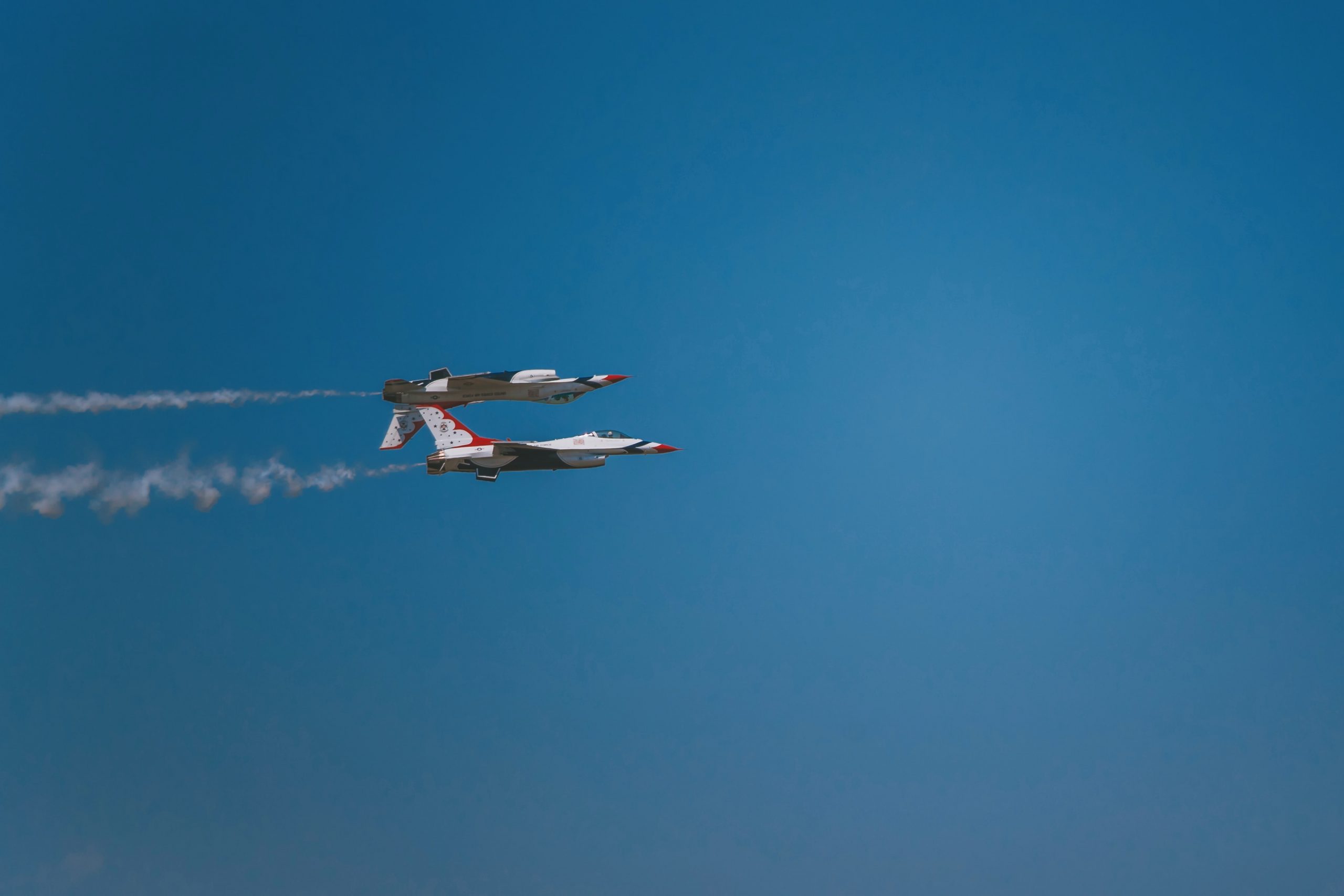Originally published on Forbes
In February 2018, Israeli F-16 was shot down by Syrian anti-aircraft fire during a raid, the first time that an Israeli Air Force fighter jet has been downed in combat since 1982. The Israeli pilots bailed out of the plane, which crashed into a field in northern Israel. Just a few days later, the results of the debrief conducted by the IAF to better understand what happened were splashed across the Israeli media for all to see. The main conclusion of the debrief – that the pilot hovered at the wrong altitude allowing the anti-aircraft missile to lock on to its target – were even published on the IAF website. This debriefing culture is imprinted into the DNA of the IAF: radical, transparent debriefing to learn from previous events. Nobody leaves the room until it’s sorted out. For a small country like Israel that relies heavily on its air superiority, it has to be like this.
But is there anything to be gained by people in business –large corporates and growing startups alike—from taking on some of the processes that define high-functioning elite military units? I learned a lot about running a business from my military service –mostly in elite intelligence units –and it has become clear to me how the mindset of elite military units can be successfully applied to growth companies.
So how does this work in the Israeli Air Force?
First of all, it doesn’t matter the size or severity of the event: each and every IAF activity, each and every maneuver, in training or combat – is debriefed in the same manner. Each squadron has a morning briefing setting the goals for the day, and a debriefing every evening, mapping the lessons of that day. Every flight will start with a briefing and will end with a debriefing for the flight crew. When coordinating an exercise, the first order of business will be to schedule a briefing to begin and a debriefing session that will close the exercise.
Every squadron has an officer responsible for documenting all the lessons, and a system to document the knowledge gained and distribute it to whoever needs to see it: pilots of the squadron, pilots of other squadrons flying the same aircraft, and in many cases, the entire organization. This process plays a critical role in the IAF’s method of handling an always changing environment in a very tough neighborhood. Sound familiar to your business? Very similar to a growth company, the IAF cannot afford not to learn its lessons on the move.
The debriefing culture in the Israel Defense Forces, particularly in the Air Force, prizes personal responsibility and openness. In the IDF, sharing the conclusions of a debriefing session is hardly regarded as humiliating or as something that would come back to haunt a soldier. On the contrary, if a significant incident occurred it is important to share its conclusions and consequences with others so as to give everyone a chance to learn from it, just like in the case of the recent downed F-16.
So, what makes the IAF debrief such an effective tool, at the core of the IAF improvement mechanism? And how could it be applied to business?
In a nutshell, the IAF debriefing method uses the facts rather than feelings, and helps wrap those in a comprehensive, easy-to-use way by asking 3 simple questions:
- “What Happened? Facts only. This is not limited to only negative consequences but could also apply to positive ones.
- Why Did It Happen? The reasons.
- What should I (or we) do different next time? Creating a practical “to do” list to improve or change, which could be applied to others as well.”
Following this method produces a list of lessons, that if collected in the right way directly answer the above questions, and crucially, can be easily transmitted between people.
But following these 3 questions is not enough. There needs to be a genuine interest in improvement, and a culture that supports an open conversation.
In practice, the IAF manages to create an environment where people can speak freely. That is done by using several principles:
- Resist and obey. It is not a choice to criticize, it is actually an obligation. If you see something wrong, you have to say it is wrong, why it is wrong, and what should be done to fix it. But – if the outcome of the conversation is not what you expected, and the changes you suggested were not approved, you still need to obey and behave accordingly.
- Don’t judge the person – judge the situation, it might be you next time. It is very common in the IAF for drill done by one person or team to be debriefed by an entire squadron. The conversation should be around the facts and what might have been done differently, and not about the person doing the drill.
- If you don’t do it – then you won’t make any mistakes. If a young officer encounters a problem or sees a problem that needs to be fixed, it is expected from him/her to come up with a solution. It might not be the best solution, but they will have to come up with one nonetheless. That principle teaches people within the IAF to take responsibility and to move the organization forward. The mitigation of mistakes, if they happen, will be dealt with in the debrief.
Brutally honest criticism, the kind that is found in elite military units, is hardly found in the business world, despite the fact that it is one of the most beneficial practices any organization can adopt.





